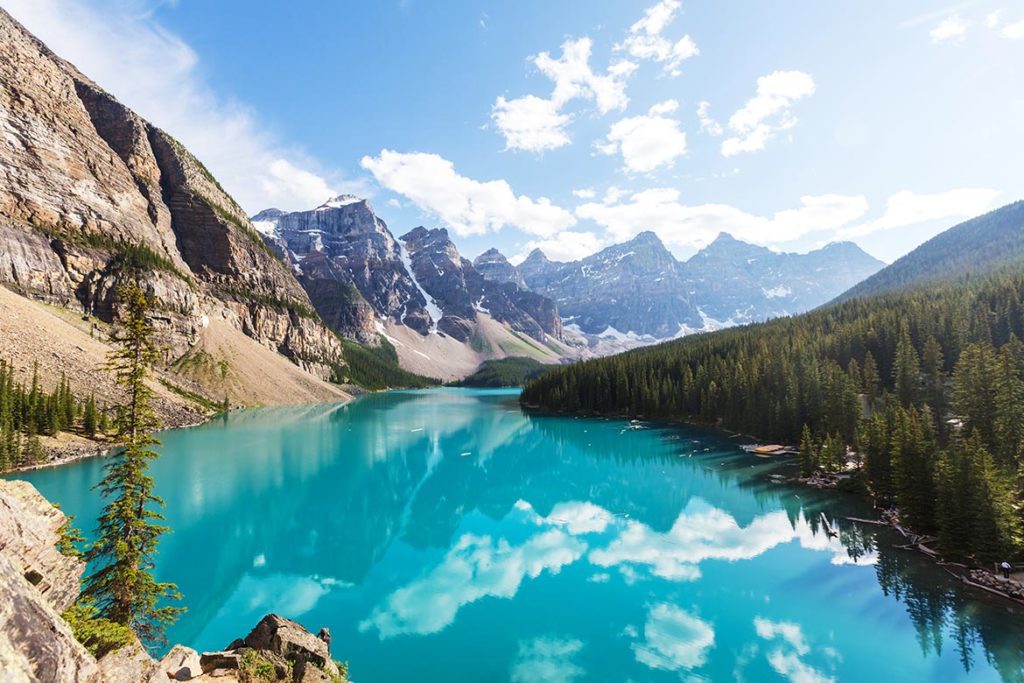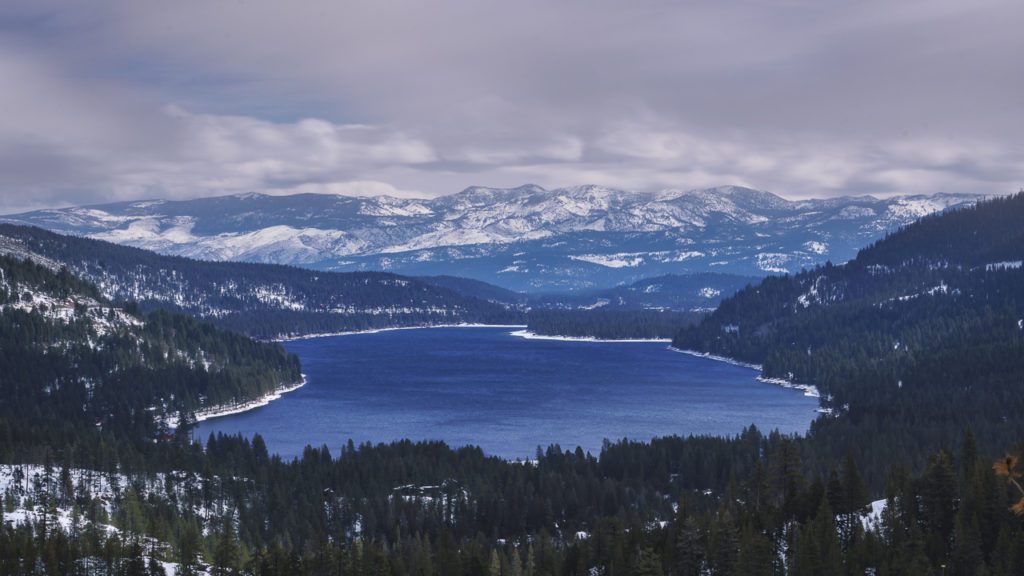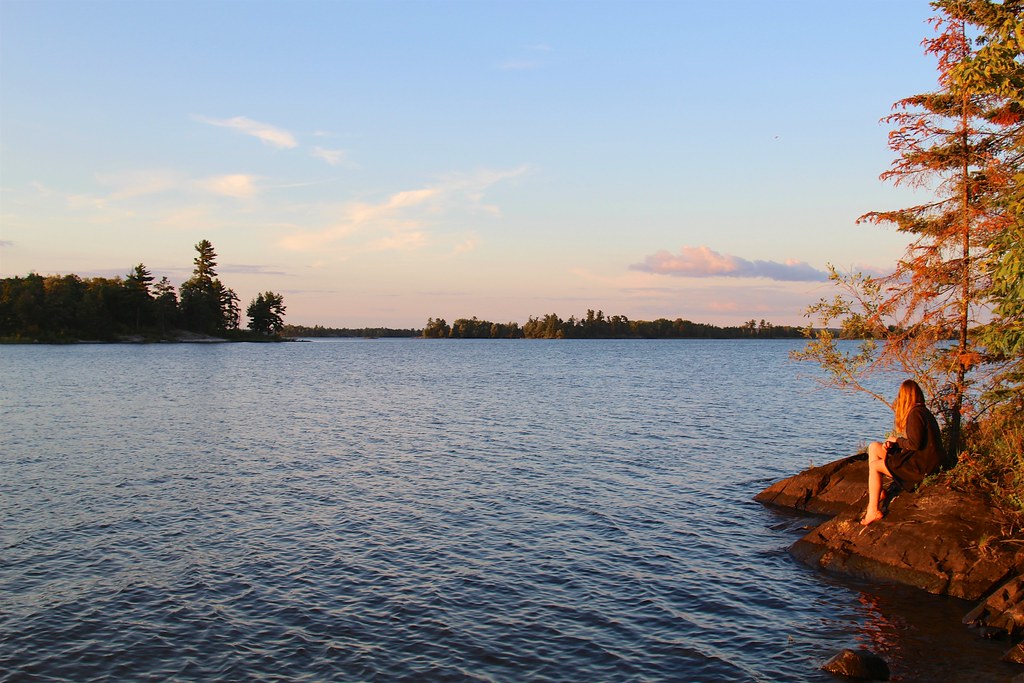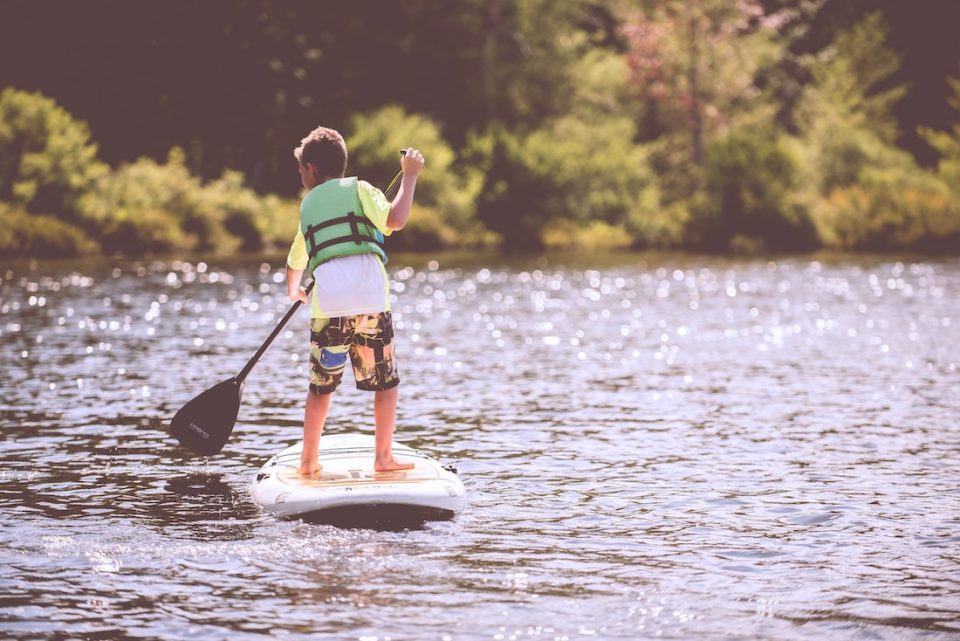Earlier today, the US Supreme Court issued a ruling on a case brought before under the “shadow docket” — essentially a case decided quickly, without the usual arguments before the court — that peeled back important parts of the Clean Water Act, essentially granting heavy industry a major victory. The new interpretation of the Clean Water Act ties the hands of states that would otherwise be able to restrict pollution and disruption of waterways. The below article is a timely reminder of why that’s a terrible idea. – Ed.
Back in 1972, U.S. legislators passed the Clean Water Act with a 10-year goal: Make it safe for people to fish and swim in the nation’s waters. Fifty years later, around half of all lakes and rivers across the country that have been studied fail to meet that standard, according to a recent report by the Environmental Integrity Project, a D.C. watchdog and advocacy nonprofit. Instead, they’re classified as “impaired” — meaning that their fish are inedible, their water undrinkable, they’re unsafe for humans to swim in and inhospitable to aquatic life.

The Clean Water Act delivered a major win — it laid the groundwork for essential enforcement on industry — but there were key failures. Most notably, legal loopholes continue to allow fertilizer runoff from farmland and manure runoff from factory farms. The pollutants, which are washed into watersheds, are considered the top cause of water pollution in the U.S., said Eric Shaeffer, executive director at the Environmental Integrity Project. The law’s inability to regulate this is its single biggest program failure, said Shaeffer. “The Clean Water Act doesn’t have effective regulation for dealing with cropland.” And powerful industrial groups continue to resist and delay implementation of further regulation.
Western states, particularly Oregon and California, figure heavily in the report. Their waterways and lakes are threatened by everything from pollution to warming temperatures. While rivers and lakes have significantly improved in the 50 years since the legislation passed, the fight to make sure all waters are safe continues. “We can’t take it for granted,” Shaeffer said. “There is an awful lot of work that has gone into healing and protection.” He added that the legislation only exists because its supporters were willing to rattle the political status quo. “We are going to need to do that again.”

The Environmental Integrity Project analyzed water data gathered from states through the Environmental Protection Agency. Below, a few notable numbers highlight the report’s findings:
27%
Percentage of U.S. river and stream miles that were studied by state authorities in the recent assessment cycle.
50%
Percentage of those river and stream miles that were classified as “impaired.”
55%
Percentage of lake acres that were similarly classified.
25%
Percentage of estuary square miles too polluted to swim or fish in.
Number One
California’s rank in the U.S. for river and stream miles too polluted for drinking (37,209 miles). The state ranks third for miles too polluted for fish consumption (24,934 miles).
17,619
Miles of rivers and streams assessed in Oregon that were classified as unswimmable. Oregon has the most miles of waterways considered ”impaired“ for swimming and recreation and the most miles impaired overall for aquatic life.
67%
Percentage of industry-specific water pollution standards yet to be updated. Even though updates are mandatory every five years, they have not been changed in 30 years.
700 years
Time it would take to achieve full restoration of currently impaired waterbodies under current pace of remediation, according to an EPA report from 2011.
4
Number of Western states that top the list for the most river and stream miles impaired for aquatic life: Oregon, California, Utah and Idaho, respectively.
73%
Percentage of rivers and stream miles that were not studied by state authorities.

This article was first published at High Country News and appears here with permission. Photo: Ben White/Unsplash
Read more :
- Discover the beauty of Atitlan Lake , Guatemala in 2022
- Bedwell Lake trails, Strathcona Park B.C.
- Discover the beauty of Tuyen Lam Lake in Dalat Vietnam
- 16 prettiest lakes in the USA
- Discover the magical beauty of Salt Lake Siwa Egypt 2020 update
- 5 Greatest Hikes in Mammoth Lakes
- Best things to do in Con Dao Vietnam 2022
- Toledo Residents Vote to Give Human Rights to a Lake

